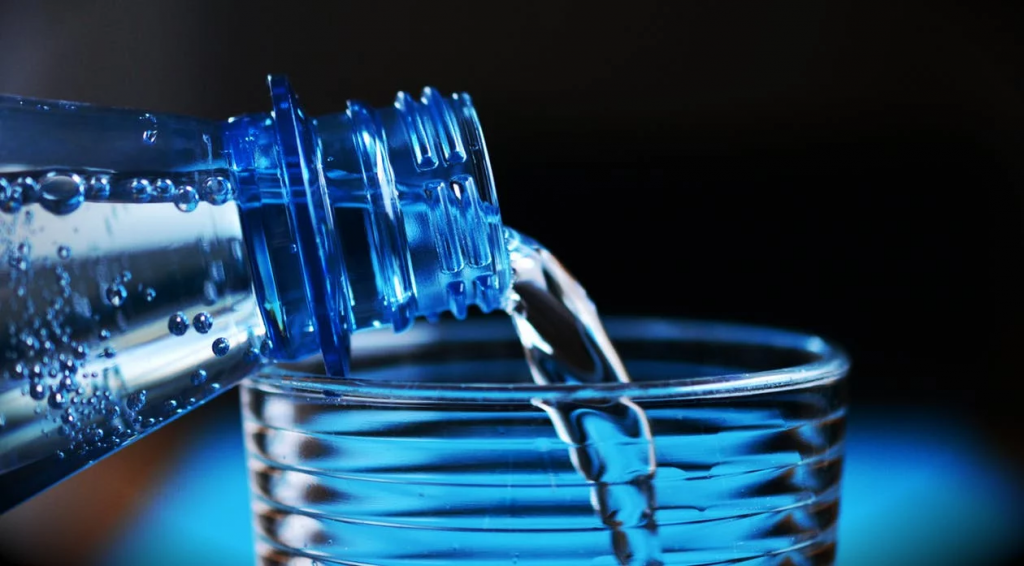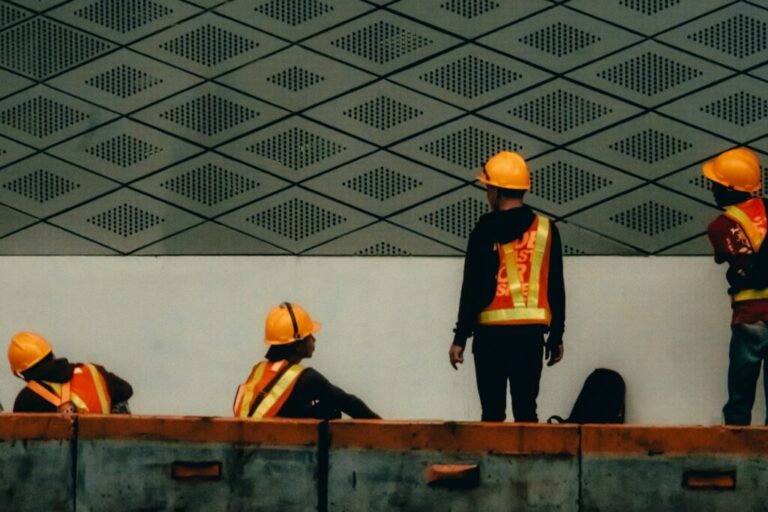
Being a homeowner is as exciting as it is exhausting. You long for it over the years, and when you finally get a place of your own –– fun as that may be –– you realize just how much hard work it is. There are no landlords to annoy you, but they’re also not there to fix any problems around the property, which you will have to learn to do. While there are plenty of complications that will cross your path one way or the other, plumbing problems are the worst.
Hard water, in particular, is one of the common issues that a lot of people don’t even know they have. Here’s what you need to know.
What Is Hard Water?
Hard water is one that has dissolved minerals like magnesium and calcium. When you say the water is hard, it means that the concentration of those minerals is very high, which is actually one of the most common problems faced by homeowners in the USA and Canada. It is often divided into certain levels, each indicating the degree of hardness. Soft water has less than 1 grain per gallon (GPG). Slightly hard has 1 to 3.5 GPG. Moderately hard is 3.7 to 7 GPG. Hard water, however, is 7 to 10.5 GPG, while very hard is anything over 10.5.
Why It Is a Problem
Hard water causes a ton of problems that a lot of people suffer from in their daily lives. For starters, it can cause skin problems, causing rash and irritation as the minerals stay on your skin after using the water. They also can lead to a certain funny taste in food because they get stuck to wash pots and utensils. Hard water leaves stains and pesky spots on your glass surfaces, your bathroom floor, and anything you use the water on. It can also lead to clogged pipes, which is one of the worst problems that you can deal with at home.
How Do You Deal With Hard Water?
Water Softener
This is one of the most popular solutions to treat hard water, and it works quite efficiently. Water softeners are usually ion-exchange ones that replace the minerals causing hardness –– like calcium and magnesium –– with potassium and sodium, which don’t cause this kind of problem. The great thing about these systems is the fact that they are affordable yet effective, and they get the job done. They come in different models and have varying processing capacities, but an ion-exchange water softener is the industry standard and it is a favorite for many people.
However, those water softeners might have some drawbacks, like increasing the sodium levels in the water, which might be problematic for those on a low-sodium diet. They also require regular maintenance, and you need to make sure the brine tank –– which contains the salts that react with the hard water minerals –– is always full so the device can operate normally. These points aside, water softeners are still your best option if you want to get rid of hard water around your place. While there are salt-free water softeners, they are not as efficient as their counterparts and their results are often not as satisfying.
What Should you Be Looking for in a Water Softener?
There are a few aspects that you need to keep in mind while getting one of these. Try to invest in one with a digital control head so that the configuration and monitoring process is simpler. You should also get a water softener that doesn’t require you to manually do everything. There are models where the regeneration is metered, which means you set a regeneration time –– usually at night –– and the system will perform the process on its own. Last but not least, always get a water softener with a warranty, which should be available with all respectable brands.
Chemical Treatment
There are chemical treatment options for hard water as well, but they aren’t necessarily as accessible or reliable as mechanical treatment, i.e. water softeners. Some chemical elements are added to the water to interact with the minerals, coating them and making it impossible for minerals like magnesium and calcium to precipitate in the water.
Hard water is a very serious problem, and you need to treat it as such. If you notice stains and spots on your bathroom floors and your sink or bathtub, consult an expert immediately. If you ignore the problem, you will start having a host of other complications. If clogged plumbing and unclean utensils don’t scare you, then skin conditions and rashes should. So, always treat the problem early on before it causes more damage to your house.











